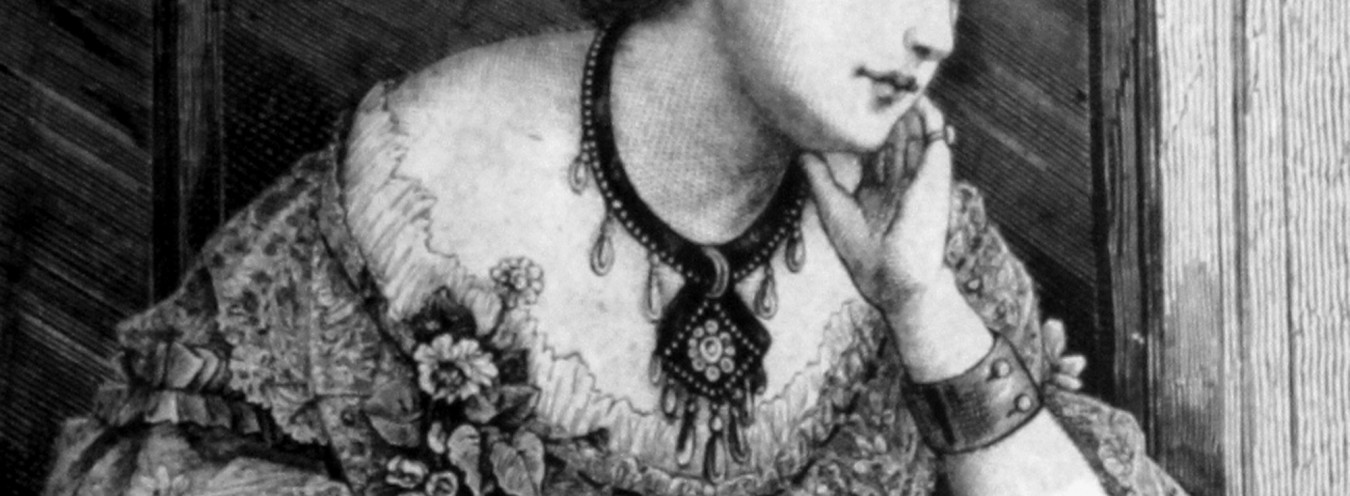
Rumour
Rumour plays an enormous role in The Doll: the novel begins with various opinions and gossip about Wokulski being reported – the customers of the celebrated restaurant, namely Councillor Węgrowicz, travelling salesman Szprott, and carriage manufacturer Deklewski, make bets as to the success of his undertakings, criticise his conduct, and speculate about the past and plans of the ambitious merchant.
Gossiping – passing along information originating from an unspecified source and embellished with new elements at every stage – is considered a feature of bourgeois mores. Mr Szprott and Councilor Węgrowicz gossip, so do agent Wirski and Jadwiga Misiewicz, Rzecki relishes repeating improbable political rumours, and Krzeszowska is one of the most prominent gossips in the novel: a schemer who spies on her neighbours through binoculars and writes anonymous letters. But rumours function in every social group depicted in the novel. Successive rumours about Tomasz Łęcki’s bankruptcy or hidden reserves result in the ebb and flow of guests in his drawing room, especially when it comes to the admirers of his daughter Izabela (confusion prevailed in society. […] Marriageable men and their relatives were agonisingly uncertain. Neither to risk anything not to lose anything, they paid their tributes to Miss Izabela without involving themselves too much). Józef Bachórz writes, Although Prus does not condone gossiping, he does not use the motif of gossip only to humorous or satirical effect, wanting to show the reader it is not nice to spread rumours; he is perfectly aware that gossiping is a symptom of a decaying society’s pathology, and that by studying gossip one can express certain truths about people and human communities. The traditional “grain of truth” acquires a layer of fantastic conjecture presented as truth (which is, in fact, the characters’ prejudice, speculation or expectation), and this allows Prus to create consecutive versions of the characters’ fortunes and plot variants.
Rumour is also an important tool of social control; a backlash against otherness, it stigmatises individuals who are different, maladjusted, who do not abide by the group’s rules. Gossip ruins Helena Stawska’s reputation (she is considered to be Wokulski’s mistress) and damages the main character’s business. However, hearsay can also be the best publicity and support trade: many years earlier, [w]hen the news got around that Hopfer’s waiter [the young Wokulski] wanted to go to the Preparatory College, crowds would go there for dinner; [t]he public was intrigued by the rumours of bankruptcy and crowded into J. Mincel and S. Wokulski’s haberdashery store.
→ Krzeszowska, Baroness; → Warsaw Tenement Houses; → Fin de siècle;
Bibliografia
- K. Thiele-Dohrmann, Psychologia plotki, trans. A. Krzemiński, Warsaw 1980.
- J. Bachórz, Introduction to B. Prus, Lalka, BN I 262, Wrocław 1991, 1998.
- S. Fita, Plotka w twórczości Bolesława Prusa, in Mieszczaństwo i mieszczańskość w literaturze polskiej drugiej połowy XIX wieku, ed. E. Ihnatowicz, Warsaw 2000.


